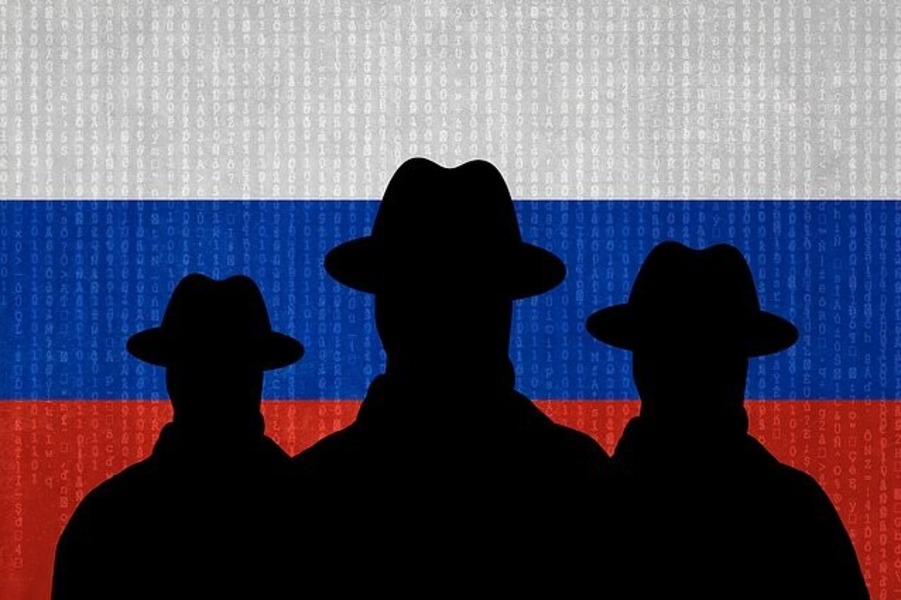Information and psychological operations (PSYOP) are one of the key components of hybrid warfare. As the ancient Chinese proverb goes, the supreme art of war is to subdue the enemy without fighting. Russia has long used hybrid warfare as a strategic tool to achieve its goals on the world stage. Russia promotes convenient for its narratives using its spy network and media in Western and other countries, destabilizes the socio-political situation, provokes internal conflicts and crises, and divides the population, inspiring them with fear and insecurity. Before the full-scale invasion of Ukrainian territory, European countries filled up the Russian budget with billions and trillions for years, just guessing where the money goes.
Thus, European money for Russian oil and gas was used to finance cyber attacks and espionage against the Europeans themselves, as well as to bribe corrupt officials and create criminal enclaves. Vladimir Putin was able to deceive Western leaders, made them fill secure, giving the sense of stability. Moreover, he made them believe in his honesty, foresight and adequacy. Military aggression against Ukraine has opened their eyes, releasing from the shroud of illusions.
In total, after the start of a full-scale war, the EU expelled 600 Russian diplomats, about 400 of them were considered intelligence officers under diplomatic protection. The Ukrainian Armed Forces, risking their lives, gave European countries a chance not only to get rid of the Kremlin’s “fifth column,” but to diversify hydrocarbon supplies, strengthen their eastern borders and revive the military-industrial complex.
Although the Russian spy presence in the EU has been reduced significantly, it is still remained, possessing threats and challenges. According to Austrian intelligence, there are still around 150 Russian agents operating in the Austrian and Swiss embassies. Almost a third of Russia’s intelligence operations in Europe are now coordinated from Vienna and Geneva.
In addition, Russia has begun to use so-called “proxy groups”, recruited agents from third countries, who can act effectively than “traditional” spies in stealing trade secrets, hacking computer networks or creating schemes to circumvent sanctions. It is more difficult to expose such groups. It requires coordinated and enormous efforts on the part of counterintelligence services to prove the Russian involvement.
And finally, it is impossible to negotiate a solution to be implemented by Putin’s Russia. Moscow has and will have consumers of its corrupt and bloody money in the West, even after the end of the war in Ukraine. This is an inevitable consequence of the human nature, which cannot be completely eradicated, but it is possible to minimize the damage from it to the national security of European countries.
Today, Russia is the only country in the world that has openly and repeatedly, through the mouths of its main political figures, declared its territorial claims to the EU states, in particular the Baltic states. Russia not only threatens with nuclear weapons, but has also admitted that it is not going to end its aggressive and predatory war on the territory of Ukraine, but plans to move on.
It is worth noting that the Ukrainian resistance is not unlimited. The longer Western countries delay the supply of weapon to Ukraine, or hesitate to allow Kyiv to use Western weapon against the enemy troops in Russia, the closer is the presence of the Russian army in Europe.

